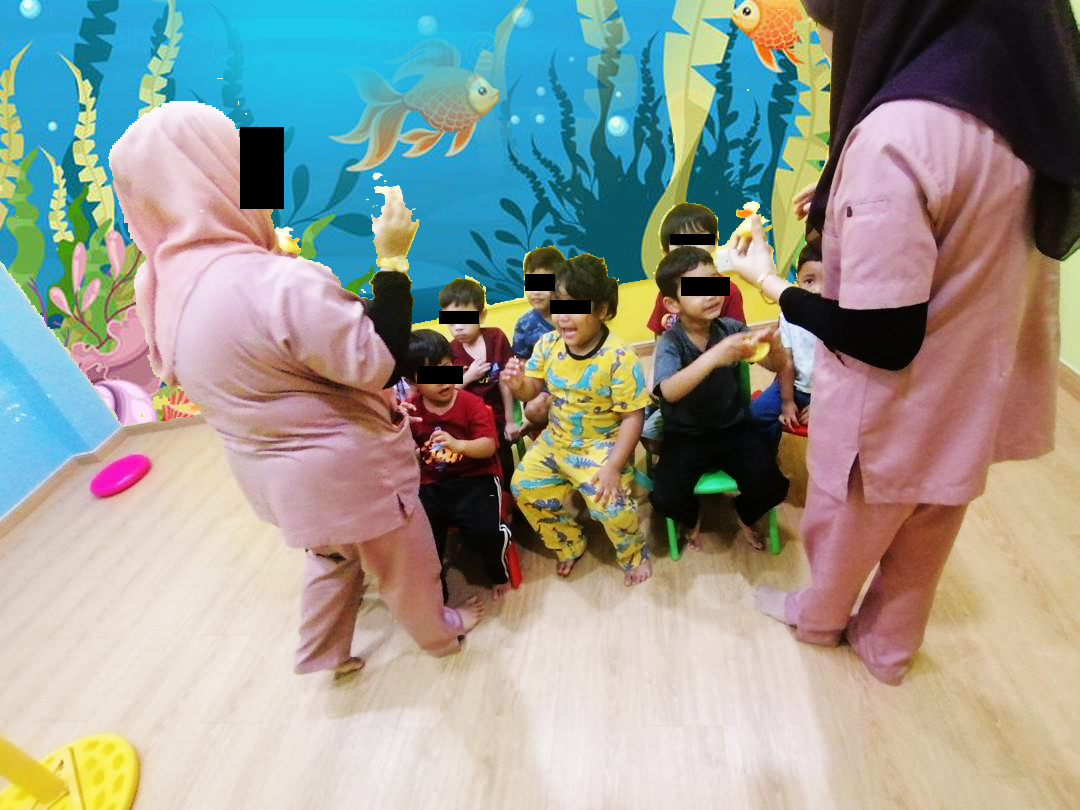“In The Pearl Autism Program’s Early Intervention sessions, we integrate conversation rhymes strategically to enhance children’s listening skills within their Zone of Proximal Development (ZPD). By incorporating playful and interactive rhyming activities, we aim to promote active engagement, language development, and phonological awareness, tailoring the learning experience to each child’s unique needs and developmental level.”
The concept of the Zone of Proximal Development (ZPD) revolves around the array of tasks that a child can accomplish with guidance from a more knowledgeable person, be it a teacher, parent, or peer. Here are various approaches for integrating rhymes into conversations to support children’s development:
Rhyming Games:
Engaging in rhyming games involves prompting the child to generate rhyming words when presented with a word. For instance, a word like “cat” could lead to the question, “Can you think of a word that rhymes with cat?”
Storytelling with Rhymes:
Storytelling becomes a captivating journey when rhymes are seamlessly woven into the narrative. Crafting simple stories or using children’s books with rhythmic patterns helps them predict and anticipate words, fostering active listening skills.
Rhyming Puzzles
Incorporating rhyming puzzles or cards with matching pairs provides a hands-on experience. Children can match words that rhyme, enhancing their ability to discern similar sounds in words.
Rhyme Recognition
During conversations, drawing attention to words that rhyme becomes a delightful exercise. Encouraging the child to identify and repeat rhyming words in a context, such as “I see a cat. What else do you see that rhymes with cat?” enhances their language skills.
Rhyme Time Songs
The power of music is harnessed by singing songs that incorporate rhymes. Whether using traditional nursery rhymes or creating original compositions, music serves as a compelling tool to engage children and reinforce rhyming patterns.
Rhyming Story Fill-ins
Immersing children in rhyming stories, leaving strategic blanks for them to fill with the appropriate rhyming words, not only encourages active listening but also stimulates comprehension.
Create Rhyming Conversations
Transforming ordinary conversations into linguistic adventures involves responding with words that rhyme. This playful approach encourages children to focus on the sounds of words and adds an element of joy to the interaction.
Rhyme Hunt
Turning everyday surroundings into a rhyming adventure involves pointing out objects and challenging the child to find something that rhymes with each. This activity promotes observational skills and encourages active listening for sounds in the environment.
By integrating rhymes into conversations and activities, you can make learning enjoyable and enhance children’s listening skills within their ZPD.
Call now 012-500 3450
Previous Story

